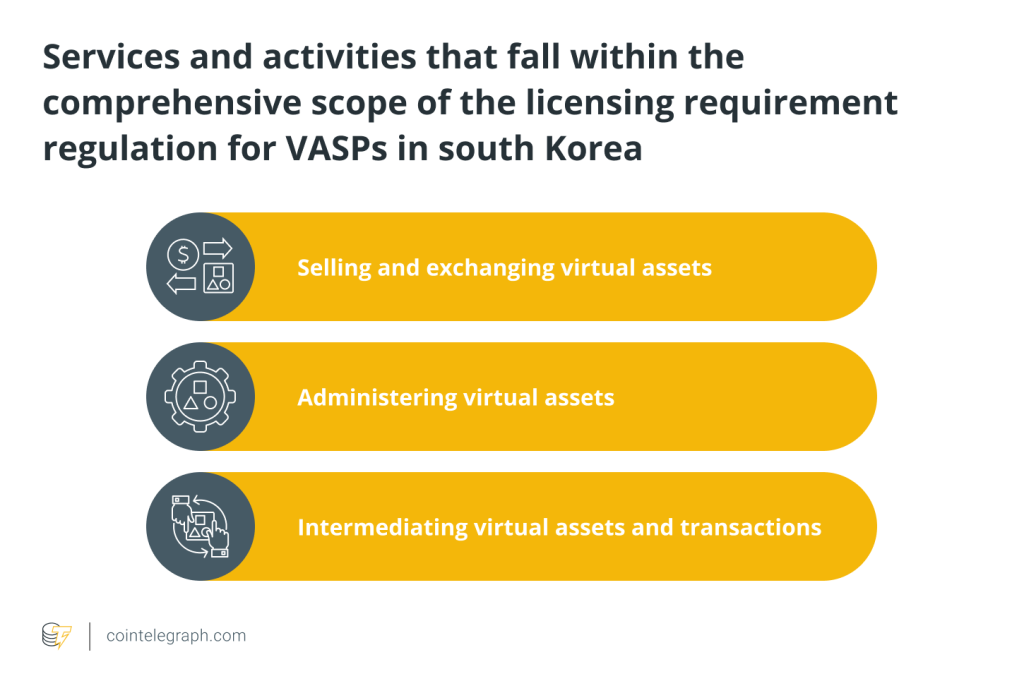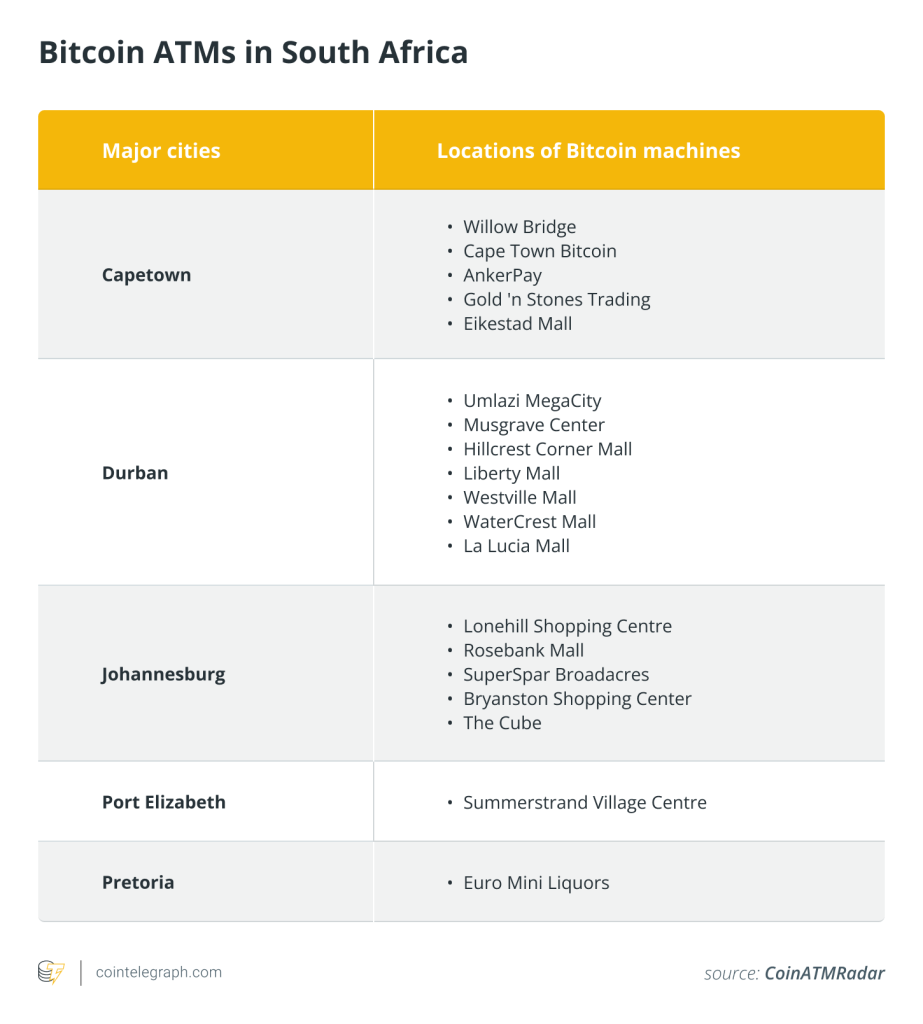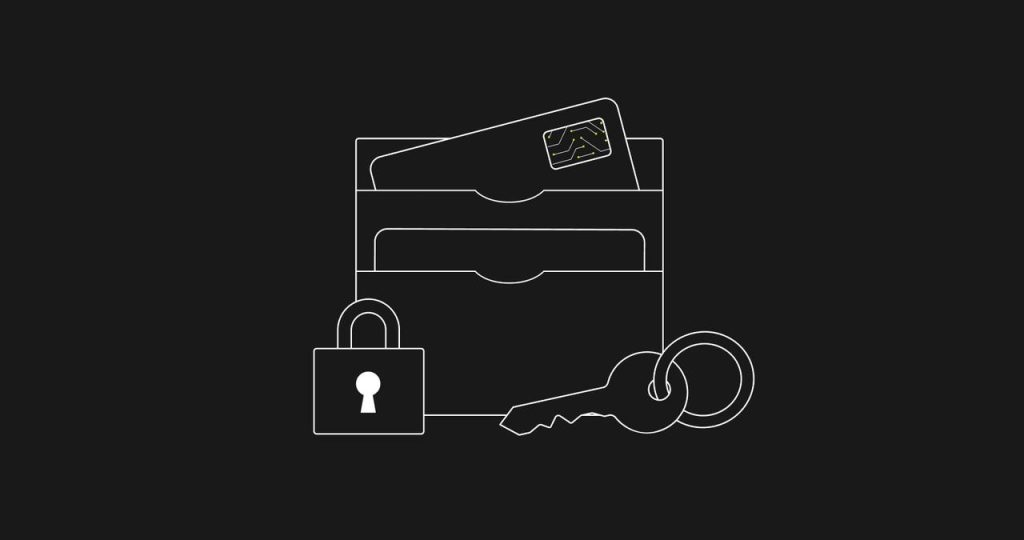Wemade claims compliance exemptions amid regulatory investigation

South Korean prosecutors are reportedly examining if Wemade withheld giving private keys to users, which would mean that Wemade violated local reporting rules.

Wemade, a South Korean Web3 game developer, has dismissed allegations of coin over-issuance fraud raised by the Seoul Southern District Prosecutors’ Office’s first financial investigation department.
In an official announcement on Feb. 8, the team in charge of Wemade’s token WEMIX said that its digital asset storage system, Play Wallet and the Wemade-affiliated decentralized exchange PNIX DEX are exempt from compliance requirements mandating registration with authorities for virtual asset service providers.
Wemade is reportedly under investigation by South Korean prosecutors, focusing on suspicions of unfair profits by potentially circumventing regulations that mandate virtual asset service providers to register with authorities, according to local news reports.
위믹스 생태계 일부 서비스의 가상자산사업자 신고 여부와 관련한 입장
위믹스가 제공하는 모든 서비스는 대한민국 특정금융정보법을 비롯하여, 전세계 각국의 가상자산사업자(VASP) 해당 여부와 그에 대한 신고 여부를 포함하여, 위믹스 관련 사업과 서비스가 규제를 준수하기 위한 높은 컴플라이언스… pic.twitter.com/afVyeZ4hnE— WEMIX (@WemixNetwork) February 8, 2024
Under South Korean regulations, crypto service platforms must register and report, except for those without control over user assets via private keys. Wemade, known for transitioning from a game developer to issuing its token WEMIX and blockchain mainnet, claims exemption from reporting requirements.
The prosecutors are also investigating whether Wemade’s PNIX decentralized exchange and Play Wallet digital asset storage system withhold private keys from users. This inquiry seeks to establish if PNIX and Play Wallet services breach reporting obligations mandated for platforms that do not provide users with private keys, as reported by Munhwa.
Related:: Wemix blockchain to cease block minting rewards
Wemade stated that all wallet services from the Wemix team are decentralized, and the team doesn’t control personal encryption keys. Consequently, they can’t engage in virtual asset transfer, storage, or exchange. As they don’t have technical involvement in asset custody, it’s deemed a service not requiring reporting by virtual asset business operators.
The Wemix team further stated that in the instance of Phoenix DEX, it merely serves as a platform for posting buy and sell proposals, along with facilitating transactions. Assets are stored in smart contracts beyond the control of the business operator. Consequently, virtual assets are exchanged through individual transactions between users.
The Financial Intelligence Unit, which oversees the local financial sector, has also reportedly initiated an investigation into Wemade following similar complaints.
On Dec. 22, Wemix’s parent company, Wemade, launched a $100 million Web3 fund in partnership with Singaporean venture capital fund Whampoa Digital to invest in digital asset projects in the Middle East.
Wemade is the creator of the popular Legend of Mir series and has claimed that Mir 4, released in 2021, was the most successful blockchain game at the time.






Responses